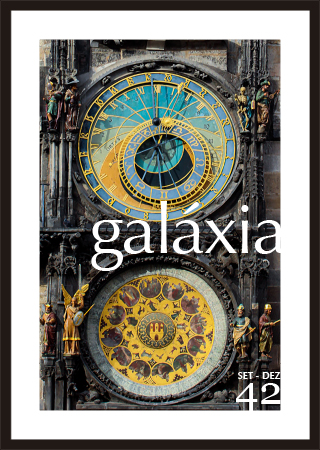interdiction and invisibility in cinematographic representations: the household geography of the housemaid at Que horas ela volta? and Aquarius
Keywords:
housemaids, Brazilian cinema, mobility, visibility regimesAbstract
Household employment has been historically configured as a space of colonial practices, crossed by hierarchies of gender, social class and ethnic-racial identities. A direct product of slavery and organized on the margins of labor relations, the profession is marked by social and economic prejudices. The social agent, the maid, was represented by the cinema and TV as secondary and subordinate , occupying a peripheral place and silenced by the relations of power that characterized the space of the bourgeois family. Recently some national films have discussed the place occupied by the maid within the home. From a reflection on spaces, territories and mobilities, we intend to address in this article two films that show the tensions in the relationship between maids and employers in the home / family, Que horas ela volta? and Aquarius.Downloads
Published
2019-11-07
How to Cite
Da Silva Pinto, L. M., Siciliano, T. O., & Bragança, M. de. (2019). interdiction and invisibility in cinematographic representations: the household geography of the housemaid at Que horas ela volta? and Aquarius. Galaxia, (42). Retrieved from https://revistas.pucsp.br/index.php/galaxia/article/view/41050
Issue
Section
Artigos | Articles
License
I cede the copyrights to publication of my article to Galaxia journal and will consult the journal’s scientific editor should I decide to republish it later in a book.



 Este obra está licenciada com uma Licença
Este obra está licenciada com uma Licença 